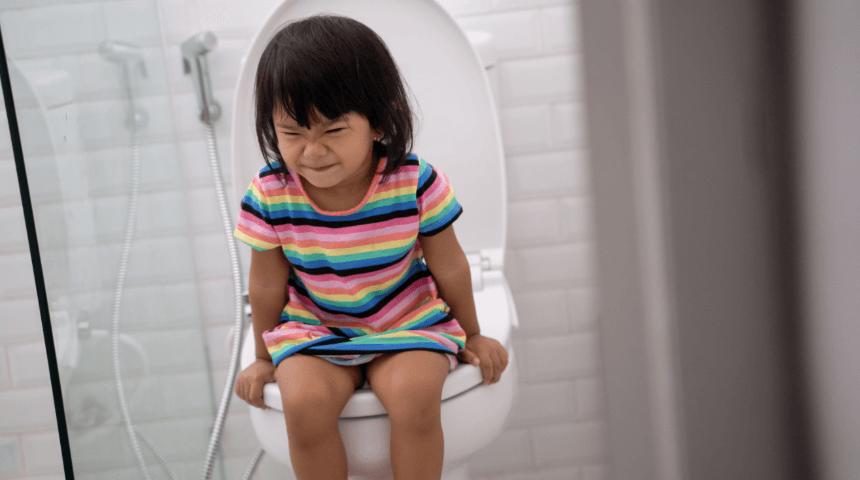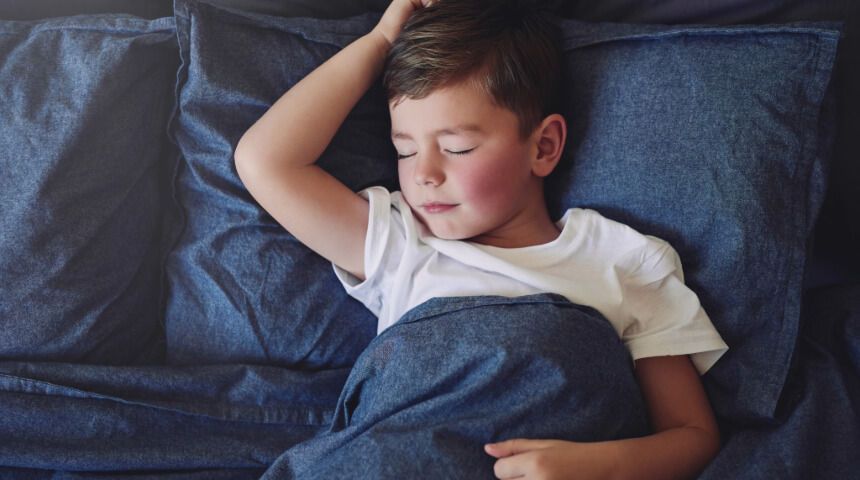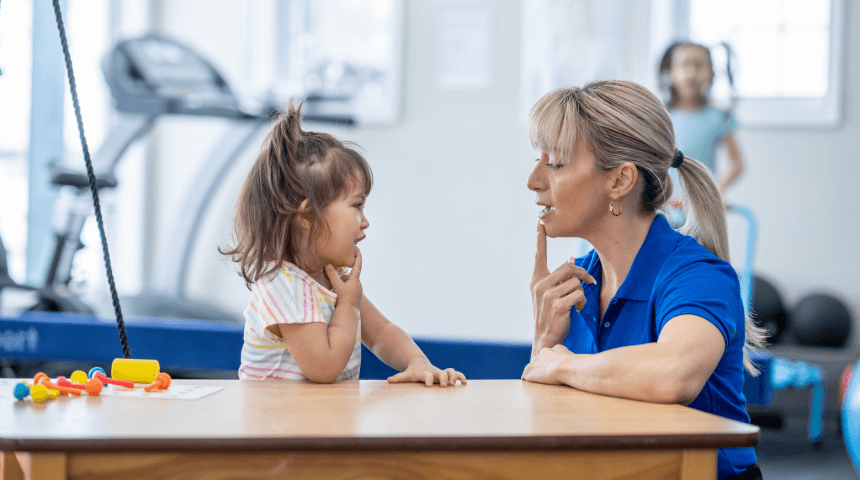A new study shows that extensive social media use may increase teenagers’ risk of mental health problems.
The prospective study, conducted by Riehm et al from the Johns Hopkins University Bloomberg School of Public Health, examined the association of social media use and mental health issues in a group of over 6,000 participants aged 12 to 15. The researchers discovered that those who engage in social media for longer than three hours a day were more likely to report increased internalized and externalized symptoms commonly associated with mental health problems than teens who didn’t use any social media. These symptoms included social isolation, difficulty coping with feelings of depression and anxiety, loneliness, as well as defiant and aggressive behavior.
More research will need to be done to study this concerning correlation. But it’s clear that heavy social media use potentially can lead teens to either internalize their problems and become more socially withdrawn or externalize their problems and act out.
Cyberbullying Has Strong Correlations
While the study doesn’t tackle the reasons for this link between social media use and mental health issues, many researchers have done so in the past. Cyberbullying, for instance, has a strong correlation with depression. Teens also might be exposed to idealized photos and selfies, which can invite self-judgment and unfair comparisons, as well as negatively influence a young person’s body image.
Protect Your Mental Health
Of course, many parents are likely wondering what can be done to mitigate the risks of their teen developing mental health issues due to the overuse of social media. Social media has become increasingly inescapable in teens’ daily routines.
Teens are able to create a unique profile from which to share their opinions and develop peer relationships. During this developmental stage, teens seek to form their own identity and assert their independence from their parents and caregivers. This makes platforms such as Twitter, Snapchat, Instagram, TikTok and Facebook even more alluring and addicting than they already are.
What Parents Can Do
Luckily, there are numerous ways you can help your teen develop a healthy relationship with social media. For one, parents should always be mindful of their children’s social media habits, as well as their phone and computer use in general. They also should also encourage open communication about privacy and safety concerns. Healthychildren.org provides a tool that allows families to create a personalized family media use plan. By evaluating what purposes you and your children use social media for, you’ll be able to create goals specific to your family’s values.
Talk to your teen about what other activities they might enjoy doing instead. Whether those activities include exercising, socializing face-to-face with friends, engaging in a hobby or some other pastime, you and your family might find that reducing social media use is a healthy choice for everyone.
Choose to Stay in Touch
Sign up to receive the latest health news and trends, wellness & prevention tips, and much more from Orlando Health.
Sign Up










